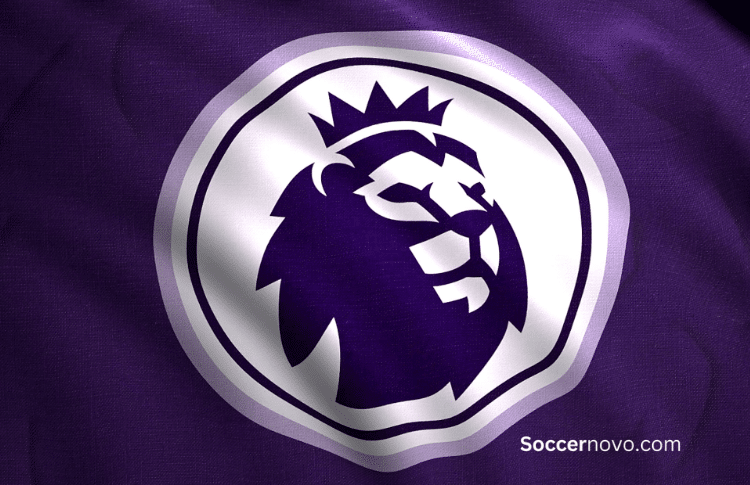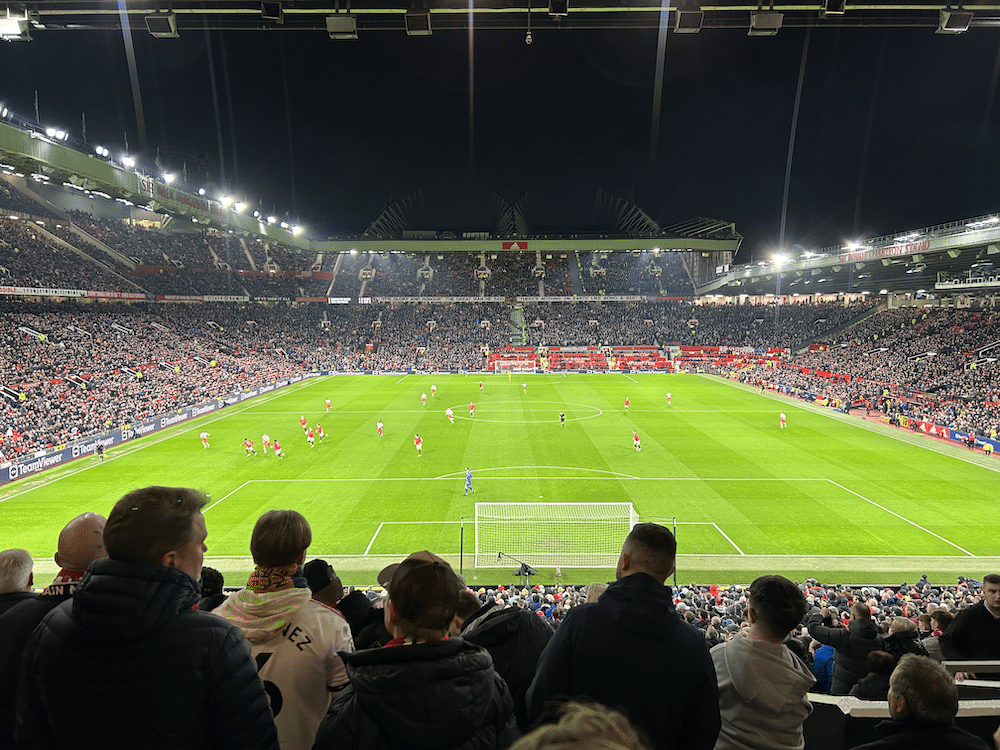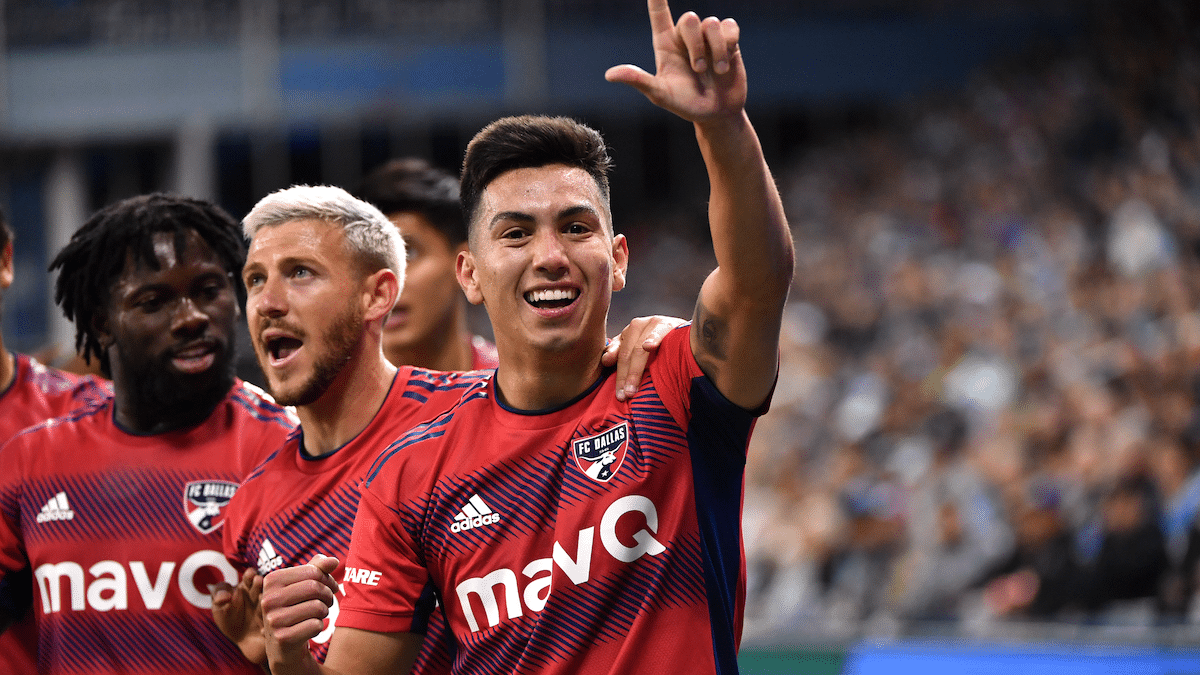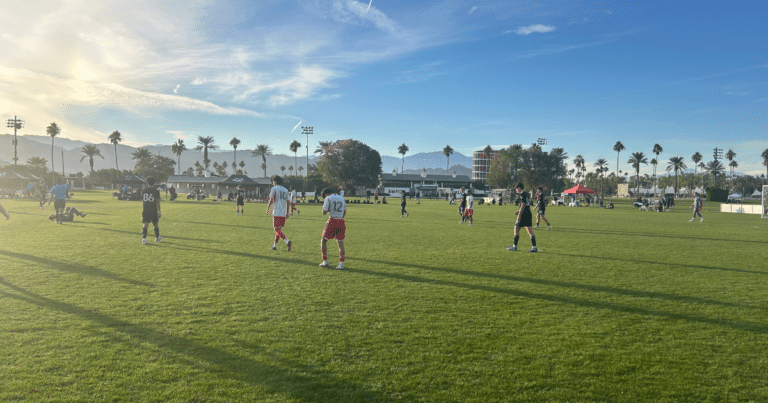What is Relegation in Soccer?

Relegation is when a team gets demoted for being at the bottom of the league standings at the end of the season.
The idea of “relegation” in soccer might be complex for Americans to comprehend. But, it is well known in England and other parts of the world.
Major League Soccer (MLS) and other professional sports in the U.S. do not have a relegation and promotion system.
Fortunately, once it’s explained, I think you’ll agree that it is a healthy way to keep the competition alive and create more fair play!
What’s the Point of Relegation?

It serves to maintain league competition.
No one team will get so far behind that they are considered “an easy win”.
It also provides an opportunity for successful clubs to make a name for themselves by entering into a higher league because they were promoted.
Relegation enables soccer clubs to face opponents with whom they are most equally matched. This is the case if teams are allowed to move up and down in divisions.
I love the thought of a system like this. The worst thing to watch in pro sports is teams giving up at the end of the season hoping to rebuild or get a high draft pick.
With a system in place to add and drop teams, it eliminates this and keeps games very competitive.
Why Doesn’t It Exist in the United States?

In American professional sports (MLS, NFL, MLB, and NBA), teams play each other season after season in static or locked leagues. This only changes if the league adds, removes, or consolidates a team.
These professional teams will play a regular season in their respective sport and qualifying teams will proceed to compete in a playoff-style format for a championship.
This repeats year-after-year and every team has an opportunity to compete for the same trophy. Boring!
On the other hand, Europe has a different way of running professional sports leagues especially football (soccer).
Each club must earn a spot in the top division. Every new team begins at the bottom of the rankings in the lowest league, regardless of who plays on the club or who owns the team.
The club then advances to the top division by consistently winning its current league. A club is promoted and begins the next season in the league above when it finishes the current season at the top of its division.
It can take years for a new team to float to the top of the table. Until they get promoted to the top league, players must regularly finish at the top of their league.
There is no guarantee that a club will stay in the top flight once they get there (due to relegation).
What is Promotion?
When a team achieves promotion, it goes to the next level of competition in its league. This may happen when a club finishes first in its division in terms of points or wins its division’s standings.
For example, every year three clubs from the second level are promoted to the English Premier League.
Teams can be promoted to the Premier League but not promoted from the Premier League. Once at the top, they may remain there, but there’s no other way to go except down.
Final Thoughts
Relegation in soccer is an important concept to understand. It is a system of demotion and promotion based on teams’ performance over a season.
It creates a sense of urgency for teams that need to perform if they want to continue in the highest divisions; this provides immense drama and excitement for soccer fans around the world.
This would be a cool concept to trial for our youth soccer leagues. Only a few do at this point but I don’t anticipate it taking off into bigger leagues like MLS NEXT.

Written By: SoccerNovo
SoccerNovo is an independent youth soccer media brand built to help parents, players, and coaches better understand the game and the pathways available in U.S. soccer. Our mission is to make youth soccer simpler, clearer, and more accessible for everyone involved in it.
Let’s connect







